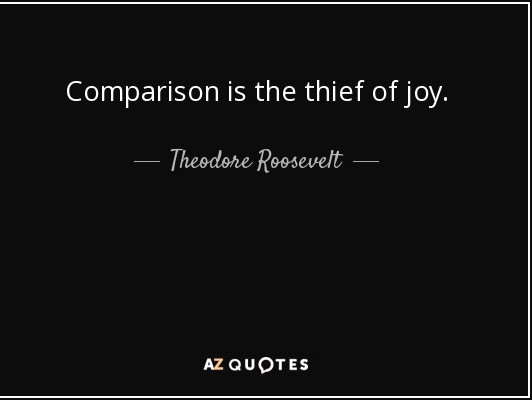Life is supposed to be a certain way.
And if it isn’t, so many exhaust their precious time and hard-earned money trying to attain the ideal of society’s modern-day standards. In the last decade, this has been amplified by social media.
LinkedIn/Twitter/X – ideal job
Facebook – ideal family
Instagram/YouTube – ideal lifestyle experience
All of it fueled by views, likes, comments and shares.
When you predicate your entire life on someone else’s ideals, needs and wants, that so-called “ideal life” either becomes unattainable or far from what you envisioned. People become silent and miserable or post bitter, malevolent comments or post extremely personal, cathartic or shocking content on social media, blogs and other websites. What many don’t understand is there is no such thing as an “ideal job, family or lifestyle.” There will always be some aspect that you don’t like.
Even if you hypothetically attained this so-called “ideal life” for a period of time, the reality is you would likely be unfulfilled because it isn’t yours or you continue to fall prey to wanting even more. The idea of having no adversity in your life is akin to living in a bubble with no challenge which leads to complacency or creating problems you don’t have and then what’s the point or purpose. And when there is true adversity and loss, you are far less adept at dealing with it (like The Truman Show.) Around the World, People Have Surprisingly Modest Notions of the Ideal Life – Association for Psychological Science – APS
What drives the standards for the ideal life?
Comparison. We all do it, consciously or subconsciously, to our family, friends, classmates, neighbors, colleagues, those who we admire, look up to. But what if we did it with a different mindset that doesn’t make us feel inferior or that steals the fulfillment away from our own life? When you find yourself making comparisons, do it with a critical thinking mindset. Cultivating A Critical Thinking Mindset – Cohen (christian-cohen.co.uk) Realize that you don’t have all the information, that you are only seeing a fraction of someone else’s life lined up against your own. You will never know their entire story and the hidden costs of their success.
The truth is, life is never as perfect or as terrible as what you see, especially online or in the news. So often, the purpose is to get your attention or get you to react in some way. Social media feeds the notion of one-upping each other whether it be how amazing everything is or how awful it is. Their goal is to create competition among those who post content and to keep you and everyone else on their website or app to sell advertising, a product or service, or your personal information. It is why social media is free.
Before You Post
The next time you post something publicly, ask yourself why are you posting this? Pay attention to the personal, sensitive details you are disclosing, intentionally or inadvertently. Would you want the entire world to know about this, not just from your point of view but from anyone in your family’s? Who might you be putting at risk unknowingly?
Blogs almost always have no privacy buffer, not even a login and password. Literally, anyone in the entire world can read it. Websites like Medium and Substack can be set-up with a paywall and CaringBridge does require login credentials. However, anyone can set-up a login and password from CaringBridge for free. Facebook and other social media groups claim they are private but almost anyone (and their dog) can be added if they answer a few questions truthfully or not.
Focus less on fearing you are missing out. What Does FOMO Mean and How Do I Deal With It? (verywellmind.com) It’s not about keeping up with the Joneses, because they truly don’t care. The ones who do care are the unscrupulous scammers lurking in the shadows for their next prey. Why Keeping Up with the Joneses Is Problematic | Chicago Booth Review
Be genuine, unpretentious, considerate, kind and gracious when you post. It’s about self-respect and respect for others, especially those we treasure most. Better yet, instead of posting online, meet your friends and family out in real life or at least with a video/phone call. Give them your full attention. Listen more than you talk and show that you are genuinely interested in what they have to say. Share in their joy and accomplishments rather than your own.
Before You Buy
Be discerning in what you buy. Is it lifestyle inflation or something you truly need? Research and time the purchase wisely. This will delay the need for instant gratification, and you may not even want it later.
Be ever-learning. Consider the last major purchase you made. Is it worthwhile and do you use it often? Or are your interests, values or goals changing? Would you rather have more time to focus on health or travel instead of buying that new “something” that rarely gets used. Fixating on something that you don’t have or never considering how life changes can keep you blindsided from discovering something even better.
Make an impact instead. Helping others in some way is far more rewarding then only helping yourself.
Define and live by the values, impact and success that are yours, not everyone else’s. It’s far easier to replicate other people’s lives with little thought at whatever the cost, than to determine what it is that you want from the life you were given. When you do figure it out, life becomes far more fulfilling even with all its uncertainties than chasing something that isn’t meaningful to you or meant to be.
In the end, this is living the ideal life.


